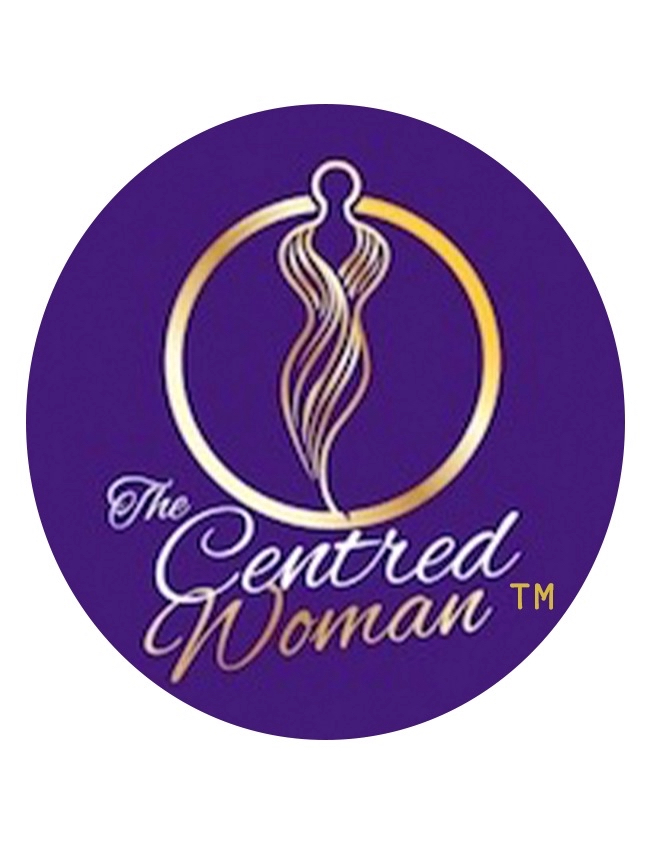What Emotional Coaching Is & Why Every Professional Woman Needs It
Feb 28, 2025
More Than Just “Managing” Emotions
Professional women are often told to “stay strong,” “push through,” or “just take a break.” But what if real resilience isn’t about pushing harder, but understanding emotions differently?
Emotional coaching is not therapy, self-help, or positive thinking. It’s a practical, structured approachto:
✅ Understanding emotional patterns
✅ Managing stress and overwhelm with clarity
✅ Reframing self-doubt and imposter syndrome
✅ Creating resilient, empowered decision-making
Unlike traditional methods that focus on suppressing or fixing emotions, emotional coaching teaches women how to work with their emotions, transforming them into a source of power rather than stress.
What Is Emotional Coaching?
Emotional coaching is a guided process that helps women recognize, regulate, and reframe emotionsfor personal and professional growth.
How Is It Different from Therapy?
🚫 Therapy often explores past trauma and deep-seated emotional issues.
✅ Emotional Coaching is future-focused—helping women actively shift behaviors and responses in real time.
How Is It Different from Life Coaching?
🚫 Life Coaching often centers on external goals (career, relationships, habits).
✅ Emotional Coaching focuses on emotional intelligence, resilience, and mental clarity—which drive all areas of life.
Who Is Emotional Coaching For?
🚀 Professional women experiencing burnout, overwhelm, or decision fatigue
🚀 Women struggling with self-doubt or imposter syndrome
🚀 Leaders, entrepreneurs, and career-driven women managing high-pressure environments
🚀 Women wanting to build stronger emotional boundaries and resilience
If you’ve ever felt like you’re “holding everything together” while struggling internally, emotional coaching offers tools to navigate emotions with confidence, not exhaustion.
Why Every Professional Woman Needs Emotional Coaching
- The Workplace Wasn’t Designed for Women’s Emotional Load
📌 Women experience 32% more burnout than men (McKinsey Women in the Workplace, 2023).
📌 Women leaders are twice as likely to take on “office housework”—mentoring, emotional support, and conflict resolution. (Harvard Business Review).
📌 Men apply for jobs when they meet 60% of the criteria, while women wait until they meet 100%.(Harvard Business Review).
🔹 How Emotional Coaching Helps:
- Teaches emotional resilience techniques to prevent burnout.
- Helps women reframe limiting beliefs about leadership, confidence, and self-worth.
- Empowers women to set boundaries and advocate for themselves without guilt.
- Overwhelm & Decision Fatigue Are Holding Women Back
📌 Professional women make an average of 35,000 decisions per day. (National Science Foundation).
📌 Women take on 70% more domestic and caregiving decisions than men. (Forbes, 2023).
📌 62% of women feel exhausted by the emotional load of balancing career and home life. (Deloitte, 2023).
🔹 How Emotional Coaching Helps:
- Provides decision-making frameworks to eliminate unnecessary stress.
- Trains women to prioritize without guilt and set mental boundaries.
- Reduces emotional overload, helping women conserve energy for what truly matters.
- Emotional Intelligence Is the Key to Confident Leadership
📌 Women with high emotional intelligence are 3x more likely to be promoted to leadership roles.(LinkedIn Workplace Study).
📌 Emotional intelligence (EQ) is responsible for 58% of success in leadership. (TalentSmart).
📌 Executives with higher EQ outperform their peers by 20% in productivity and team success.(Harvard Business Review).
🔹 How Emotional Coaching Helps:
- Strengthens emotional awareness and leadership presence.
- Improves communication, conflict resolution, and team dynamics.
- Teaches self-regulation techniques so women lead with clarity and confidence.
- Women Are Expected to “Be Strong” but Rarely Given the Tools
📌 80% of women say they feel pressured to “keep it together” emotionally, even when struggling.(Pew Research, 2023).
📌 Women are twice as likely to be labeled “too emotional” in professional settings. (LeanIn & McKinsey).
📌 Society often equates emotional strength with suppression rather than emotional intelligence.
🔹 How Emotional Coaching Helps:
- Breaks the cycle of emotional suppression, teaching women to work with their emotions, not against them.
- Provides practical strategies for emotional balance and stress management.
- Helps women redefine strength as resilience, clarity, and authenticity.
The Key Benefits of Emotional Coaching for Professional Women
✔️ Stronger emotional boundaries – Learn to say NO without guilt.
✔️ Reduced stress & overwhelm – Develop tools to manage daily emotional load.
✔️ Increased confidence & self-trust – Replace self-doubt with clear decision-making.
✔️ More fulfilling relationships – Improve communication, empathy, and emotional balance.
✔️ Leadership skills & career growth – Use emotional intelligence to enhance professional success.
Emotional coaching isn’t about ignoring emotions—it’s about harnessing them as a source of power, clarity, and resilience.
Conclusion: Emotional Coaching Is the Missing Piece
Women are expected to manage everything—without being given the tools to do it effectively.
Emotional coaching is the solution.
By developing emotional awareness, resilience, and confidence, professional women can:
🌟 Overcome self-doubt
🌟 Break free from burnout
🌟 Make decisions with clarity
🌟 Lead with strength and authenticity
🔜 Next Up: Our next post explores “Building Emotional Resilience – How Women Can Thrive in Uncertain Times”, with powerful strategies to handle setbacks and cultivate inner stability.
🟨 Free Resource
Unlock the Secrets of Yin, Yang & the Midline
The Three Core Energies Behind Lasting Emotional Balance.
✨ With the right balance, you don’t have to choose between rest and action, softness and strength. Instead, you learn how to shift.








